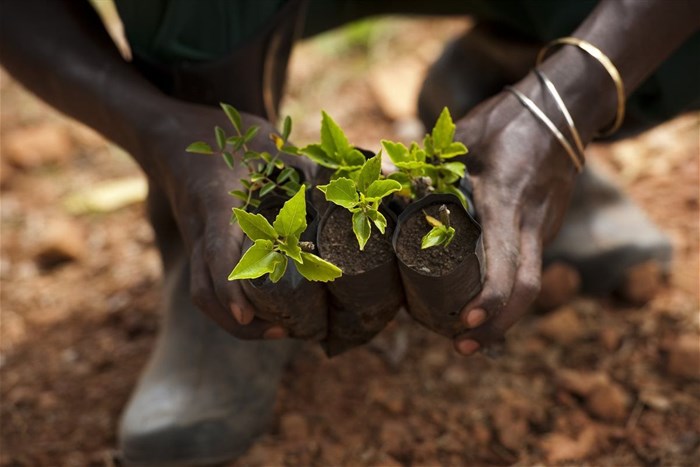
Related
Top stories


Marketing & MediaGerety Awards 2026 reveals influential leaders for cross-continental jury sessions
2 hours




More news
























Bernard Vanlauwe, deputy director general, research for development, expressed the project's significance, stating, "BioSSA represents a critical step towards empowering African smallholder farmers with innovative tools to enhance their productivity and resilience in the face of climate change. By harnessing the power of bio-inputs, we can unlock the potential of African agriculture, empower millions of farmers, boost food production, and build a more resilient future for the continent."
The initial phase of the project will focus on gathering evidence to assess the effectiveness of candidate microbial strains. Subsequent stages will strategically shift towards identifying deployment pathways, ultimately leading to the development of innovative bio-input products.
BioSSA targets two crucial crop categories: grain legumes (soybean, cowpea, and Phaseolus bean) and roots, tubers, and bananas (cassava, yam, and banana/plantain). These crops are vital for food security and income generation among millions of smallholder farmers in Africa. Leveraging IITA's expertise and established breeding programs for these crops, BioSSA is poised for success in agricultural transformation.
African smallholder farmers grapple with challenges such as degraded land, unpredictable weather patterns, and resource constraints, leading to low-input agriculture with limited fertiliser use and poor yields. BioSSA aims to address this by harnessing the potential of bio-inputs—microbial-based products that improve soil health, increase nutrient availability, enhance crop yields, boost farmer incomes, and improve the efficiency, productivity, and profitability of smallholder farming systems.
In response to concerns about the cost and environmental impact of traditional fertilisers, BioSSA focuses on microbial inoculants as a promising alternative. The project adopts a stage-gated approach, including testing and validating microbial strains, product development, and exploring effective deployment pathways.
Key outcomes of BioSSA include identifying and validating microbial strains, understanding bio-input science, developing user-friendly and affordable products, and building partnerships and capacity. The project aims to create a sustainable bio-input ecosystem in Africa, prioritizing the needs of smallholder farmers and driving positive transformation in agricultural practices.
Facilitated by IITA through a dynamic public-private partnership (PPP), the project involves esteemed partners such as Adaptive Symbiotic Technologies (US), Aphea.Bio (Belgium), Azotic Technologies (Canada), Embrapa (Brazil), Groundwork BioAg (Israel), Switch Bioworks (US), and UCLouvain (Belgium). BioSSA is poised to accelerate progress and bring positive impacts to smallholder farmers across Africa.